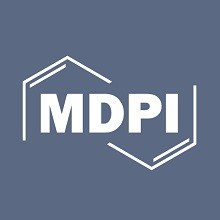
مقاله انگلیسی چالش های امنیت اینترنت اشیا
Abstract
Introduction
IoT Security Challenges
Cloud and Blockchain in IoT Security
Postquantum Cryptography Applications
Evolutionary Techniques for Security
Discussion
Total efect of the environmental regulation
Conclusions
References
Abstract
Internet of Things connects the physical and cybernetic world. As such, security issues of IoT devices are especially damaging and need to be addressed. In this treatise, we overview current security issues of IoT with the perspective of future threats. We identify three main trends that need to be specifically addressed: security issues of the integration of IoT with cloud and blockchains, the rapid changes in cryptography due to quantum computing, and finally the rise of artificial intelligence and evolution methods in the scope of security of IoT. We give an overview of the identified threats and propose solutions for securing the IoT in the future.
Introduction
The perceived reality of every person consists not only of physical dimensions but includes a significant virtual presence in cyberspace. The cyberspace dimension, however, is not separate: a huge array of connected sensors brings data from the physical world to cyberspace. These data influence the behavior of people connected to cyberspace, as well as feed back to processes in the physical world, especially in control systems. Similarly, data produced only in cyberspace can influence the physical world either by influencing human minds or control systems connected to cyberspace. The connected physical and cybernetic world faces many important questions, such as: What if the data are incorrect or even malicious? What if the processes are incorrectly programmed or are outright programmed to produce harmful results? Can people with wrong intentions influence our cybernetic systems and, through them, the physical world in unexpected or outright forbidden ways? We know that the answer is yes, and the potential of physical harm through the virtual world is real. Thus, it is critically important to focus on security aspects of cybernetic reality, especially in domains, where it has a strong interaction with the physical world.
